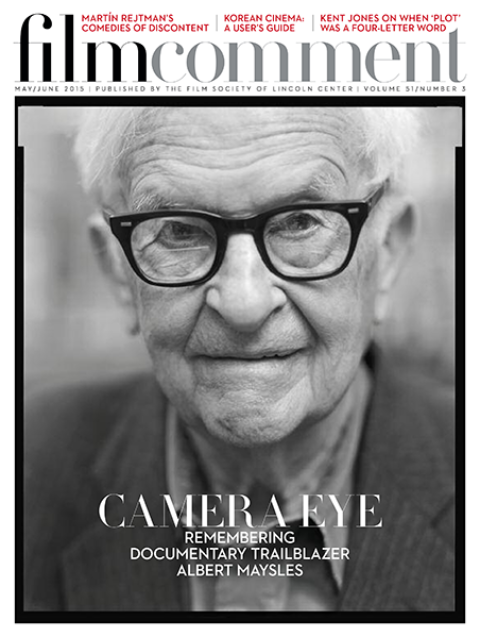Beautifully and at times stunningly edited by Claire Simpson, this adaptation of Thomas Hardy’s towering 1874 novel is triply smart. It uses dramatic concision, snappy country-life couture, and bold, graphic-novel colors to bring a contemporary tang to a capacious Victorian classic. Thomas Vinterberg and screenwriter David Nicholls set their limits too narrowly and self-consciously, but at its best their film stings like a lash—especially when its inspired, passionate, and sometimes impetuous heroine inadvertently breaks the heart and sanity of a solid country squire who is woefully naïve at love and marriage.

Carey Mulligan interprets Bathsheba Everdene brilliantly, as an innately modern woman. This rural dazzler inherits a farm estate in Hardy’s fictional Wessex County and insists on running it herself. Without theory or program, she upends 19th-century protocols simply by adhering to her own ambitious, changeable nature. Shortly before she comes into her fortune, Bathsheba tells the first fellow who proposes marriage, the warm, ultra-capable sheep farmer Gabriel Oak (Matthias Schoenaerts), that she can’t marry him because she knows he would never tame her. (Life will temper her and strengthen him before they become suitable mates.) She embraces her right to sexual bliss, only to endure marital humiliation with the dashing, fickle Sergeant Troy (Tom Sturridge). She tries to behave like a prudent steward of her farm and fate—and make amends for her impulsiveness—when entertaining proposals from a gallant, wealthy farmer, William Boldwood (Michael Sheen), who is so emotionally illiterate that he regards a valentine intended as a joke as if it were a genuine romantic invitation.
Troy provokes the flashiest filmmaking. When the soldier thinks he’s been stood up at the altar by his true love, Fanny Robin (Juno Temple), Vinterberg prolongs a close-up of intense humiliation coursing across his face. (Sturridge is superb in that scene.) Sheen’s love-wracked Boldwood, though, triggers Far from the Madding Crowd’s most poignant, resonant sequences. In words that Nicholls lifts verbatim from Hardy, Boldwood demands to know whether Bathsheba at least likes or respects him—and Sheen sounds depths of mortification. In this movie’s key line, Bathsheba says she can’t explain behavior that appears inexplicable to him and other suitors: “It is difficult for a woman to define her feelings in language which is chiefly made by men to express theirs.”

Bathsheba’s declarations of independence seem so contemporary that you’d swear Nicholls had zealously updated Hardy’s dialogue. Actually, most of it comes straight out of the novel. If this Bathsheba registers as more up-front and aware than she does in the book, it’s because Nicholls’s compression of the action produces revelatory climaxes at a relentless pace. The result is often classy, symbolic melodrama, but it doesn’t suggest the accretionary way Hardy portrays a non-traditional woman emerging via instinct and experience from a custom-steeped milieu. In their far more leisurely and immersive 1967 version, John Schlesinger and screenwriter Frederic Raphael captured Hardy’s poetic, enveloping atmosphere, with a huge assist from cinematographer Nicolas Roeg. They also had, in Julie Christie, a lead whose erotic aura bled into Bathsheba’s.
Mulligan brings a different star quality to Bathsheba. She exudes the sexiness of a person who delights in possibilities, and the gravity of one who knows when it’s time to play for keeps. Her presence ignites costume designer Janet Patterson, who picks up on Hardy’s hints that Bathsheba relishes dressing up. In one telling image taken directly from Hardy, she lies flat on a horse’s back, “her head over its tail, her feet against its shoulders, and her eyes to the sky.” This film’s Bathsheba is a fascinating mix of the wily and the wild—a female cousin to the centaur.








